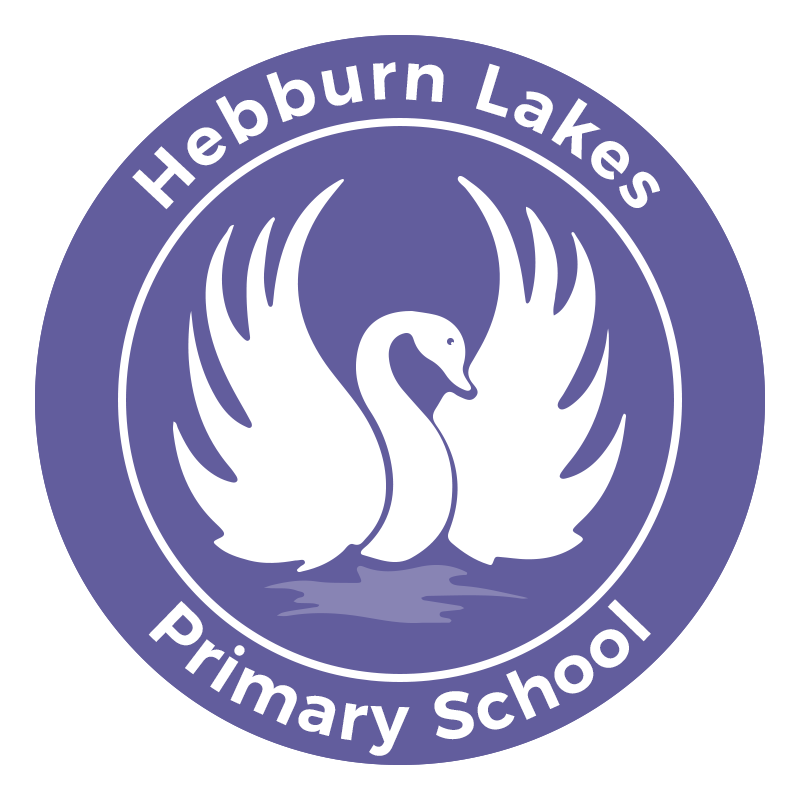At Hebburn Lakes Primary we aim to develop a lifelong curiosity and interest in the sciences in all our children. We value the importance of science, it is of a high importance to the children’s development throughout school, home and life as part of their science capital. We believe that all pupils should be taught about the role that science plays in positive advancements, as well as scientific knowledge, methods and processes. We strive to develop children who are confident during science lessons and are able to transfer their knowledge and skills to other lessons. We intend to deliver a scientific curriculum which:
- Provides children to have the opportunity, wherever possible, to learn through varied systematic investigations
- Leads each child to being equipped for life to ask and answer scientific questions about the world around them
- Uses scientific enquiry which will have a lasting effect upon their knowledge
- Builds on science vocabulary knowledge
- Enables children to build on their skills to work scientifically and develop their scientific knowledge as they progress through the school
- Develops independence in planning and carrying out fair and comparative tests to answer a range of scientific questions
- Gives children the opportunity to share their science capital and build upon it
- Makes rich connections across the curriculum including STEM
- Recognises that science is of paramount importance in order for children to ASPIRE and become successful in the next stages of their learning
- Is in line with the expectations in the National Curriculum 2014.
As part of our Learning Means The World curriculum, science is taught through both Themes and NC Essentials units. Knowledge organisers support the children to learn and retain the key vocabulary and knowledge contained within every unit. In order for this to be implemented purposefully we aim to:
- Ensure the progression of skills in relation to working scientifically are developed throughout the school
- Ensure that scientific enquiry skills are integral within lessons.
- Have clear progression documents which outline the skills needed within each phase of the school
- Ensure that lessons have a clear focus.
- Ensure that scientific knowledge and enquiry skills are developed with increasing depth and challenge as children move through the year groups.
- Include a range of investigations and hands-on activities which focus on gaining the core scientific knowledge for each unit
- Ensure that key assessment questions are interwoven into the teaching sequence, to allow teachers to assess children’s levels of understanding at various points in the lesson
- Ensure the sequence of lessons helps to embed scientific knowledge and skills, as each lesson build systematically upon previous learning
- Ensure clear opportunities are built in to regularly review and evaluate children’s understanding and address misconceptions
- Ensure a range of assessment methods are used to assess throughout and at the end of each unit taught
- Ensure children will achieve age appropriate scientific skills and develop independence through their learning
- Use the moderation of books, planning and lessons to ensure progress across all year groups and provide opportunities to share good practice with staff.

